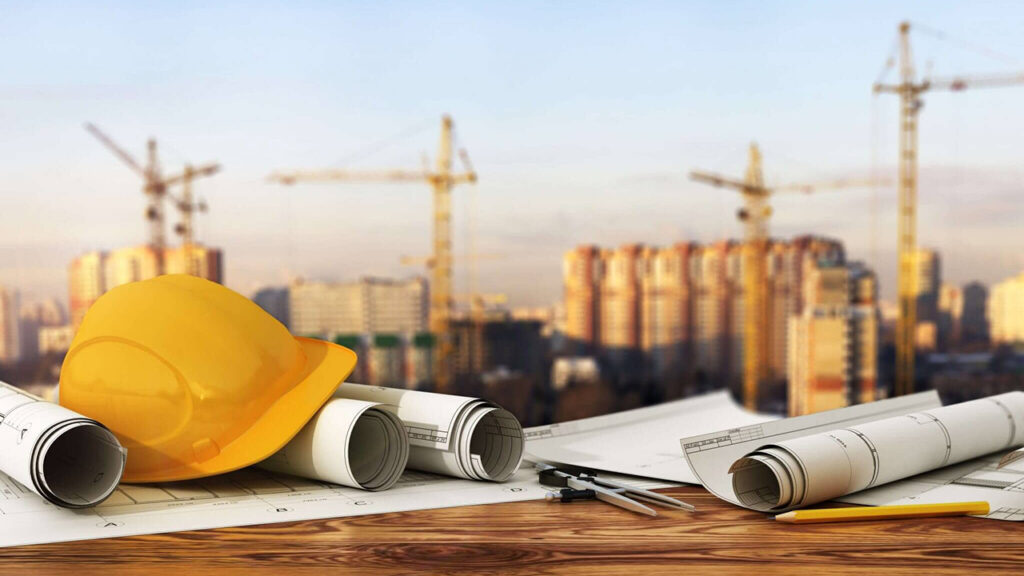Stakeholders in the built environment have urged the Federal Government to offer tax incentives and develop friendly policies to address obstacles hindering the sector’s development.
In a communiqué after a three-day international conference on the “Built Environment and Sustainable Development” organised by the Faculty of Environmental Sciences, Imo State University, Owerri (FESICON 2024), they called for tax incentives by the government for projects and policies that favour sustainable environment.
The participants stressed the need for the government to create an enabling environment in the built environment, including housing, by encouraging the operators and the academics to meet the country’s sustainable goal. The stakeholders include academics, experts in the built environment sector, captains of industry, government representatives, civil society and non-governmental organisations.
They recommended effective management and inventory control on projects and expressed the need for technological innovations and strategies; energy serving innovations, recycling and re-use of waste products.
To achieve a favourable and sustainable built environment, they emphasised the need to ensure the availability of renewable energy; intensify funding; and control bush burning, which affects the physical properties of soil by reducing fertility.
Among the resource persons are Director General, Nigeria Institute of Policy and Strategic Studies, Kuru, Jos, Prof Ayo Omotayo; a Professor of Smart and Sustainable Built Environment, University of Johannesburg, South Africa, Bankole Awuzie; Prof Okechi Azuwike among others.
The Vice Chancellor of the institution, Prof Uchefula Chukwumaeze (SAN), who stressed the need to project the pedagogical principles and town-and-gown mandate and synergy, lauded the efforts of the organisers and participants to x-ray technological innovations, funding strategies, climate change and relevant remedies, land use and land markets for sustainable urban service delivery; housing affordability, and conceptual and theoretical issues towards achieving a sustainable built environment,”
Dean, Faculty of Environmental Sciences, Prof Joachim Onyike, highlighted the technological advances that ameliorate the effects of the various global warming, climate change, flooding, soil erosion, pollution, and urban heat effects.

